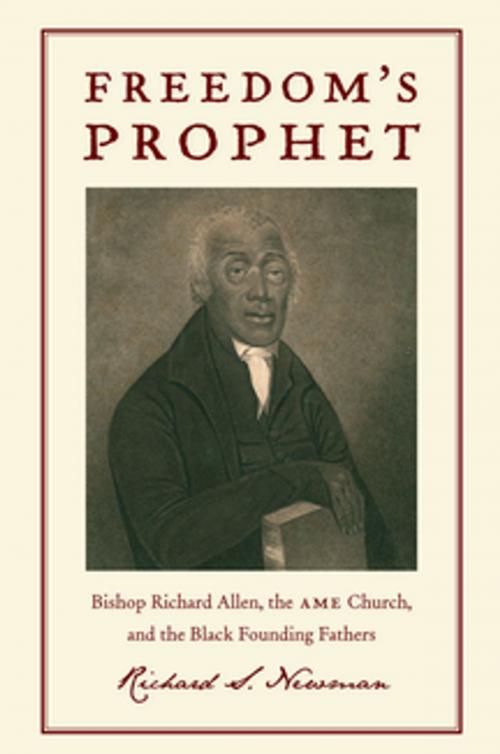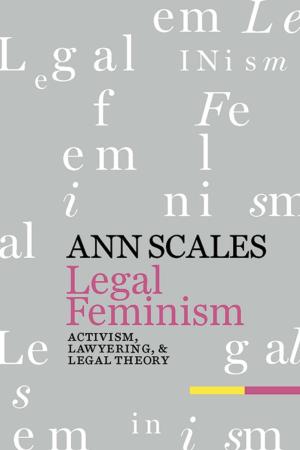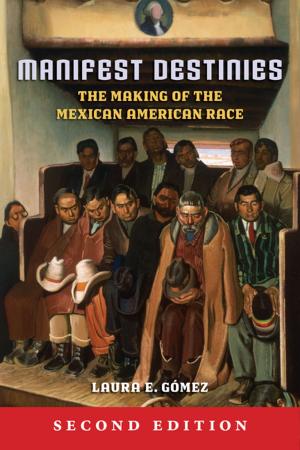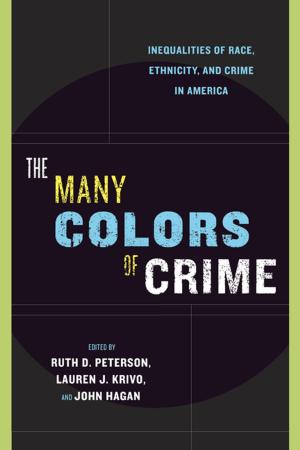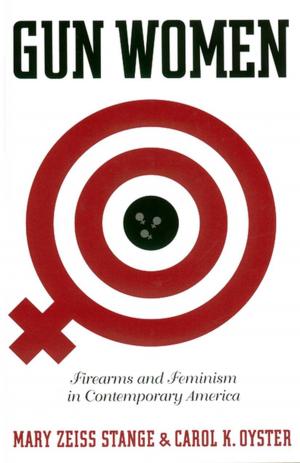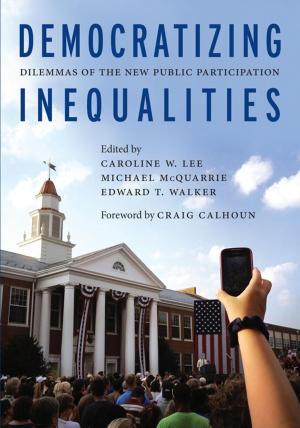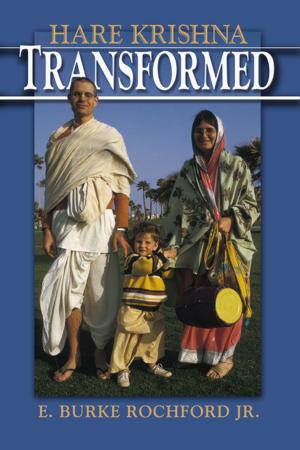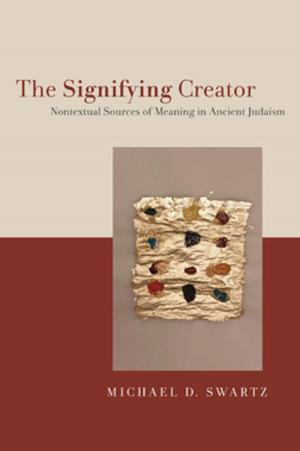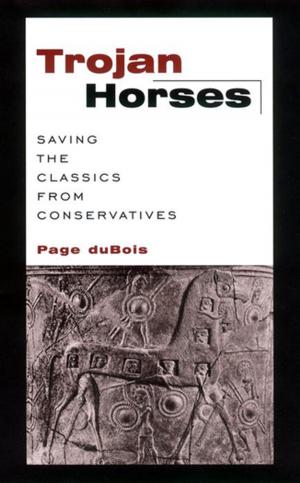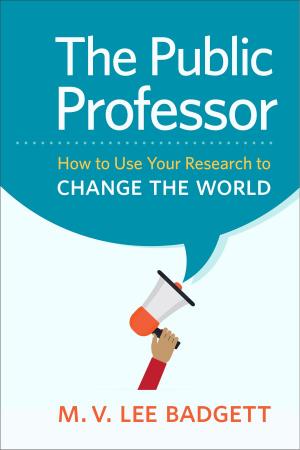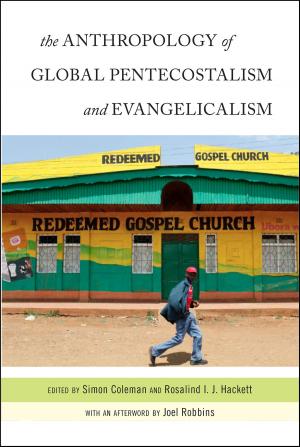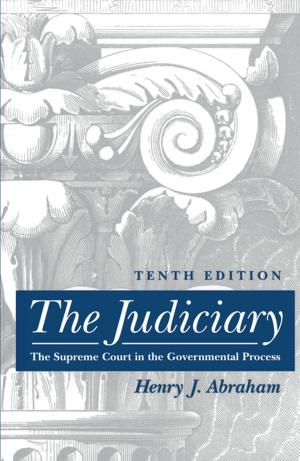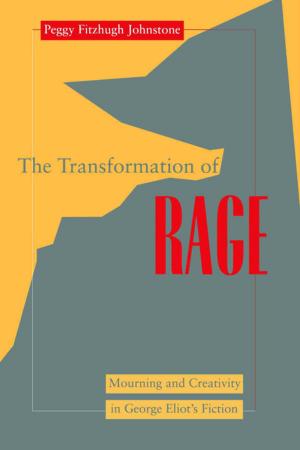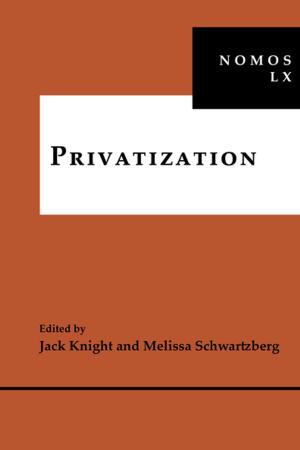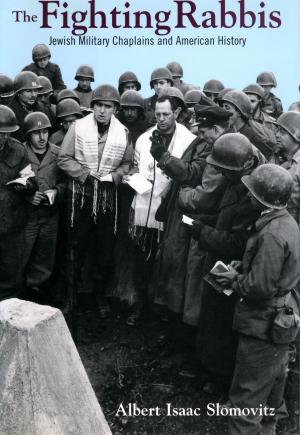Freedom’s Prophet
Bishop Richard Allen, the AME Church, and the Black Founding Fathers
Nonfiction, History, Americas, United States, Revolutionary Period (1775-1800), Biography & Memoir, Religious| Author: | Richard S. Newman | ISBN: | 9780814758526 |
| Publisher: | NYU Press | Publication: | March 1, 2008 |
| Imprint: | NYU Press | Language: | English |
| Author: | Richard S. Newman |
| ISBN: | 9780814758526 |
| Publisher: | NYU Press |
| Publication: | March 1, 2008 |
| Imprint: | NYU Press |
| Language: | English |
An Interview with the Author on the History News Network
A Founding Father with a Vision of Equality: Richard Newman's op-ed in The Philadelphia Inquirer
Author Spotlight in The Rochester Democrat and Chronicle
"Gold" Winner of the 2008 Foreword Magazine Book of the Year Award, Biography Category
Freedom's Prophet is a long-overdue biography of Richard Allen, founder of the first major African-American church and the leading black activist of the early American republic. A tireless minister, abolitionist, and reformer, Allen inaugurated some of the most important institutions in African-American history and influenced nearly every black leader of the nineteenth century, from Douglass to Du Bois.
Allen (1760–1831) was born a slave in colonial Philadelphia, secured his freedom during the American Revolution, and became one of the nations leading black activists before the Civil War. Among his many achievements, Allen helped form the African Methodist Episcopal (AME) Church, co-authored the first copyrighted pamphlet by an African American writer, published the first African American eulogy of George Washington, and convened the first national convention of black reformers. In a time when most black men and women were categorized as slave property, Allen was championed as a black hero. As Richard S. Newman writes, Allen must be considered one of America's black Founding Fathers.
In this thoroughly engaging and beautifully written book, Newman describes Allen's continually evolving life and thought, setting both in the context of his times. From Allen's early antislavery struggles and belief in interracial harmony to his later reflections on black democracy and black emigration, Newman traces Allen's impact on American reform and reformers, on racial attitudes during the years of the early republic, and on the black struggle for justice in the age of Adams, Jefferson, Madison, and Washington. Whether serving as Americas first black bishop, challenging slaveholding statesmen in a nation devoted to liberty, or visiting the President's House (the first black activist to do so), this important book makes it clear that Allen belongs in the pantheon of Americas great founding figures. Freedom's Prophet reintroduces Allen to today's readers and restores him to his rightful place in our nation's history.
An Interview with the Author on the History News Network
A Founding Father with a Vision of Equality: Richard Newman's op-ed in The Philadelphia Inquirer
Author Spotlight in The Rochester Democrat and Chronicle
"Gold" Winner of the 2008 Foreword Magazine Book of the Year Award, Biography Category
Freedom's Prophet is a long-overdue biography of Richard Allen, founder of the first major African-American church and the leading black activist of the early American republic. A tireless minister, abolitionist, and reformer, Allen inaugurated some of the most important institutions in African-American history and influenced nearly every black leader of the nineteenth century, from Douglass to Du Bois.
Allen (1760–1831) was born a slave in colonial Philadelphia, secured his freedom during the American Revolution, and became one of the nations leading black activists before the Civil War. Among his many achievements, Allen helped form the African Methodist Episcopal (AME) Church, co-authored the first copyrighted pamphlet by an African American writer, published the first African American eulogy of George Washington, and convened the first national convention of black reformers. In a time when most black men and women were categorized as slave property, Allen was championed as a black hero. As Richard S. Newman writes, Allen must be considered one of America's black Founding Fathers.
In this thoroughly engaging and beautifully written book, Newman describes Allen's continually evolving life and thought, setting both in the context of his times. From Allen's early antislavery struggles and belief in interracial harmony to his later reflections on black democracy and black emigration, Newman traces Allen's impact on American reform and reformers, on racial attitudes during the years of the early republic, and on the black struggle for justice in the age of Adams, Jefferson, Madison, and Washington. Whether serving as Americas first black bishop, challenging slaveholding statesmen in a nation devoted to liberty, or visiting the President's House (the first black activist to do so), this important book makes it clear that Allen belongs in the pantheon of Americas great founding figures. Freedom's Prophet reintroduces Allen to today's readers and restores him to his rightful place in our nation's history.
